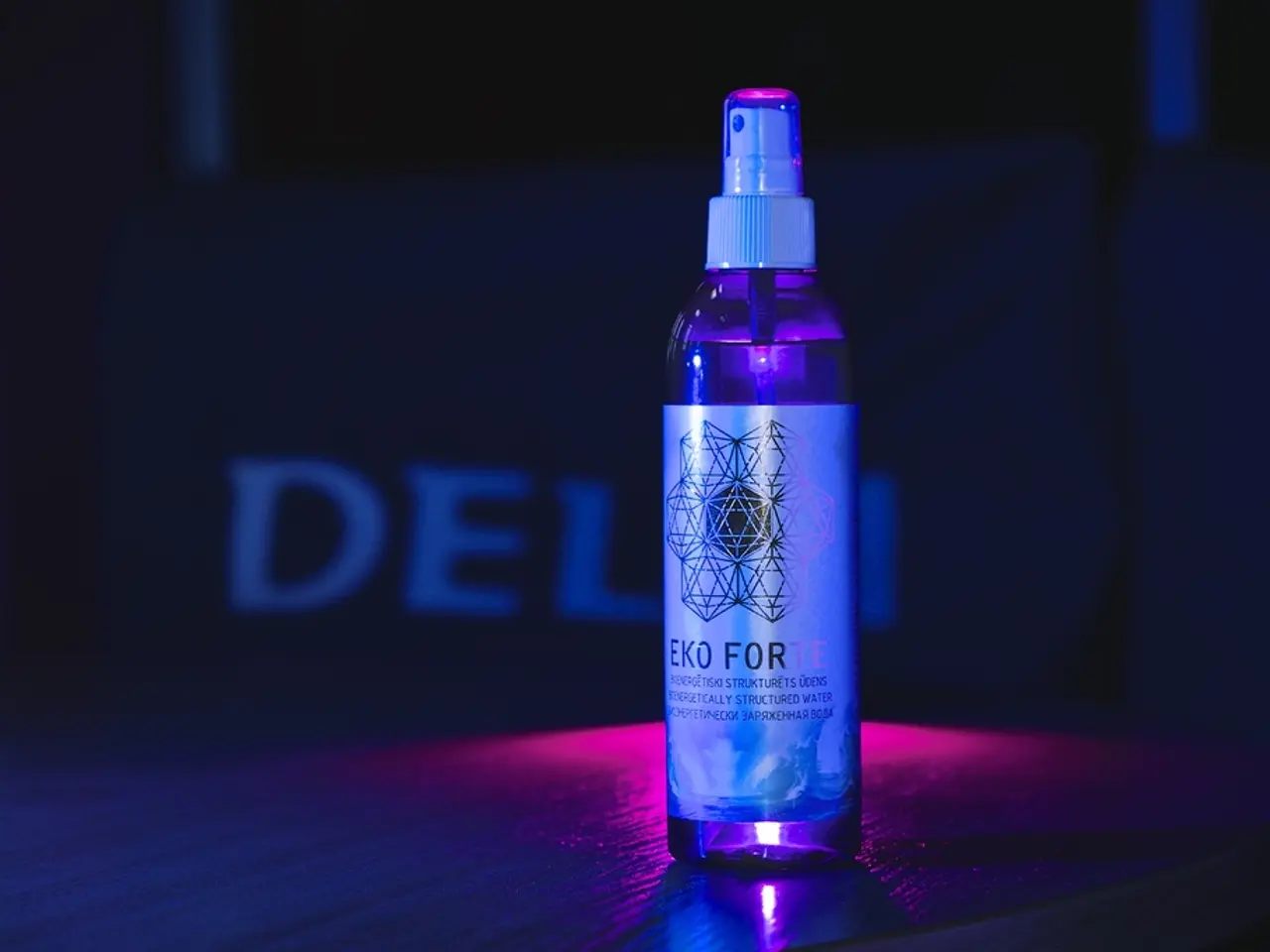Treatment of Psoriatic Arthritis with Hydroxychloroquine (Plaquenil)
In the realm of autoimmune diseases, Plaquenil (hydroxychloroquine) is a medication commonly used to treat conditions such as malaria, rheumatoid arthritis, and lupus. However, its role in managing Psoriatic Arthritis (PsA) is less clear.
Most people tolerate Plaquenil well, but potential side effects include various gastrointestinal issues, vision changes, and skin rashes. It's important to note that these side effects are rare. For those taking Plaquenil, regular eye exams are crucial to lower the risk of eye problems.
Current evidence and guidelines do not support Plaquenil as a recommended treatment for PsA. PsA treatment guidelines and insurance coverage criteria emphasize treatment under rheumatologist or dermatologist supervision, focusing on therapies with demonstrated clinical efficacy in improving joint symptoms, skin involvement, or both. Hydroxychloroquine is not typically included in these preferred or covered drugs specifically for PsA.
If Plaquenil is considered for PsA treatment, it is likely off-label and not supported by current clinical guidelines or formularies for PsA. The American College of Rheumatology states that while Plaquenil may help with PsA, doctors usually avoid it for this purpose because it can cause psoriasis flares. However, a 2015 study suggests that Plaquenil may not cause psoriasis flares.
Doctors may decide to use Plaquenil off-label for PsA if they believe it could benefit a particular patient. The dosage of Plaquenil for PsA depends on various factors, including age, body weight, severity of PsA, other medical conditions, and reaction to the medication.
PsA, like many autoimmune conditions, currently has no cure. However, some treatments can slow disease progression and reduce the painful, debilitating symptoms it causes. It's essential for those with PsA to follow rheumatology guidance for treatments that have demonstrated benefit for joint and skin manifestations.
Plaquenil is a disease-modifying antirheumatic drug that helps prevent joint damage and may reduce the risk of long-term disability. The Food and Drug Administration (FDA) has approved Plaquenil to treat malaria, discoid lupus erythematosus, systemic lupus erythematosus, and rheumatoid arthritis.
As with any medication, it's crucial to inform doctors about all medications and supplements being taken, as Plaquenil has few drug interactions. People taking Plaquenil should contact their doctor if they experience side effects, if their condition worsens, or if they do not notice any improvement in their condition after taking Plaquenil for several weeks.
In summary, while Plaquenil is a useful medication in the treatment of various autoimmune diseases, its role in managing PsA is not as established. It's always best to consult with a healthcare professional for personalised advice and treatment.
- Although Plaquenil is used to treat rheumatoid arthritis and lupus, its effectiveness in managing Psoriatic Arthritis (PsA) is unclear.
- When it comes to PsA treatment, treatment guidelines prioritize therapies with demonstrated clinical efficacy, and hydroxychloroquine is not typically included.
- In the case of PsA treatment, using Plaquenil off-label is possible, but it is not supported by current clinical guidelines or formularies.
- While doctors may consider Plaquenil off-label for PsA, they usually avoid it due to its potential to cause psoriasis flares, but a 2015 study suggests otherwise.
- Psoriatic Arthritis, like other autoimmune conditions, currently lacks a cure, but treatments like Plaquenil might slow disease progression and reduce symptoms, provided one consults a healthcare professional for personalized advice on health-and-wellness matters.




